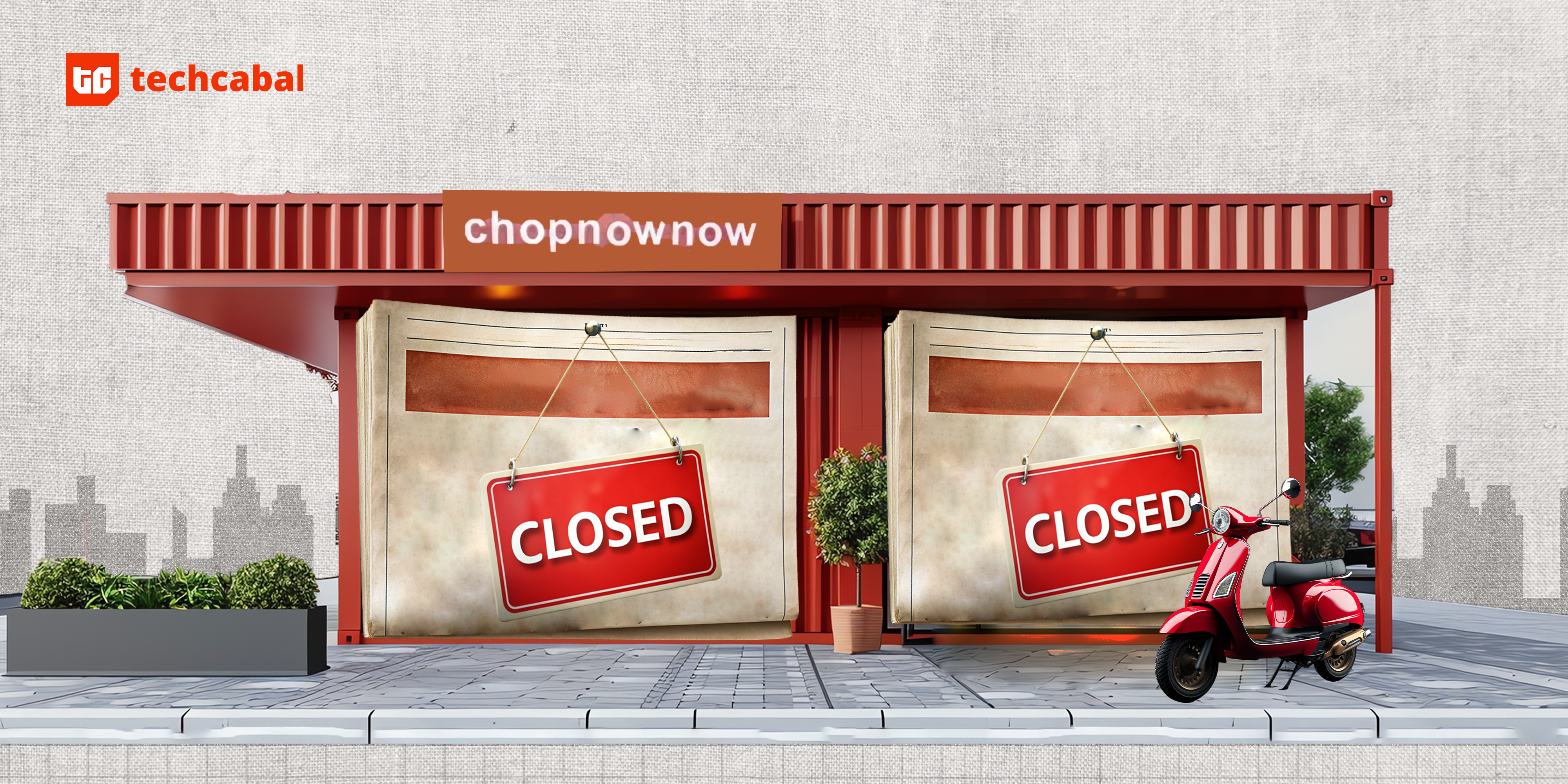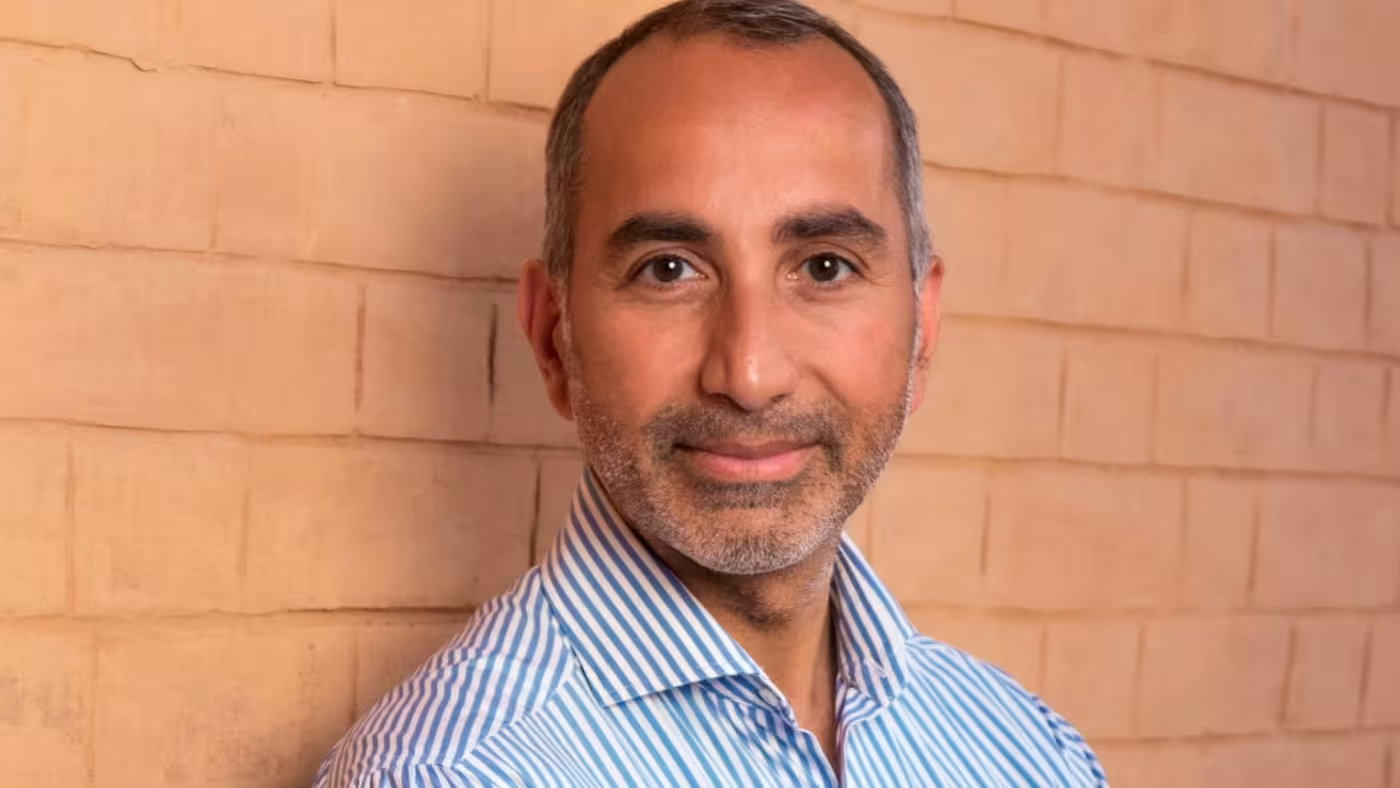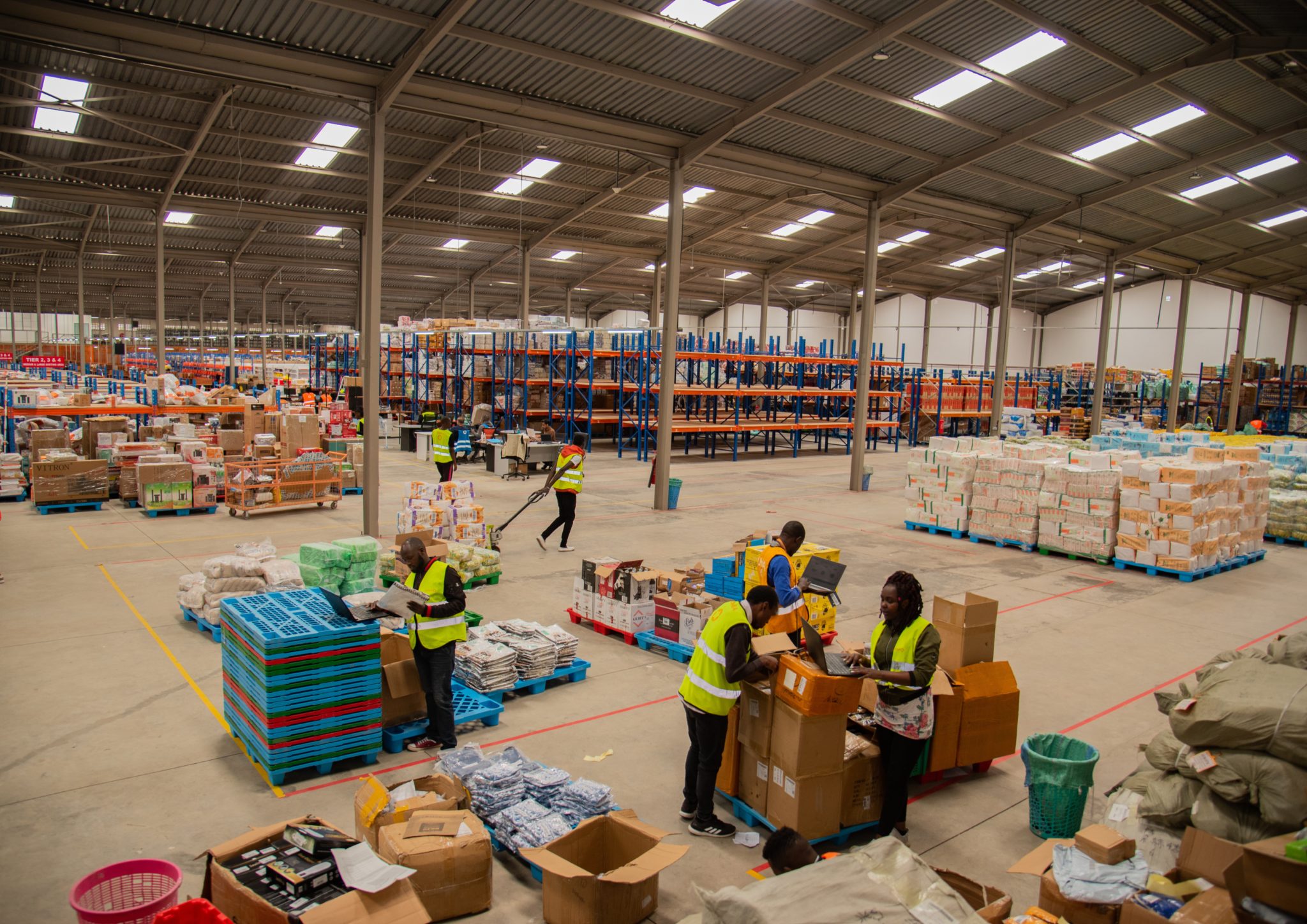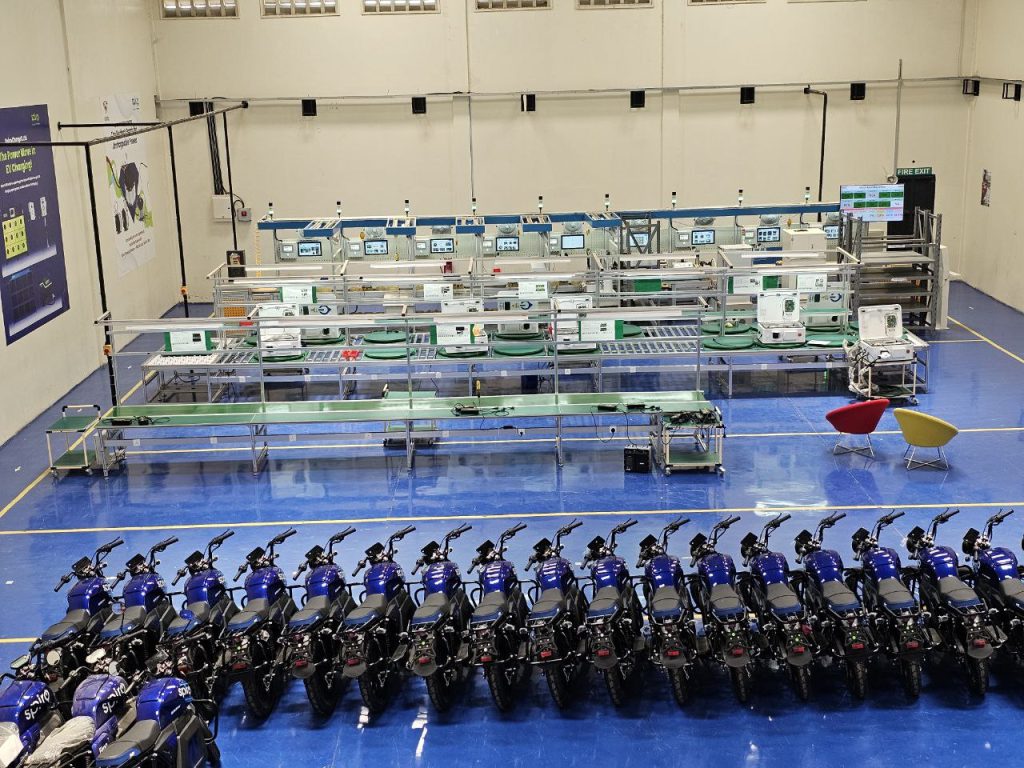About seven out of ten new businesses fail in the first five years, but ChowNowNow, a food delivery service in Lagos, made it to year six before it threw in the towel. When Olamide Olaleye, the founder and CEO, posted on Instagram announcing the closure in February 2024, he received many messages. “Share your ewa agoyin recipe,” one customer asked.
While Olaleye had offers from friends to put in money to keep the business going, he turned them down; he was spent. “I have lost faith in the food delivery business,” he shared. Yet he has not lost his entrepreneurial drive and is raising money to fund ShopNowNow, a new grocery delivery business. The new direction will put him in competition with well-funded competitors like GoLemon, PricePally, and Chowdeck.
“The grocery delivery will focus on large orders, with a minimum threshold of ₦25,000,” he said. It’s a different sort of beast from ChopNowNow, where the average order value was ₦1,000. The new grocery business will schedule deliveries in batches and will not be pressed for time like a food delivery service.

Hard lessons from food delivery
ChopNowNow began as a traditional dark kitchen with one primary location to deliver affordable food quickly in the business districts of Lekki and Victoria Island. A dark kitchen meant it made food and could control inputs and quality. But it later included a dine-in option as it had space to spare.
With free delivery as one of its value propositions, this was the standard low-margin play that needed volume to break even. “The typical margin for restaurants like ours that sell meals at a low price was 30%.”
The promise of free delivery was the charm. “It worked like magic,” Olaleye recalls. ChopNowNow also used influencer marketing to reach its target audience, and at one point, the comedian, Mr Macaroni, was one of its influencers. The company grew from three delivery motorbikes to thirty within three years and expanded its distribution channels to other food delivery platforms that used an aggregation model.
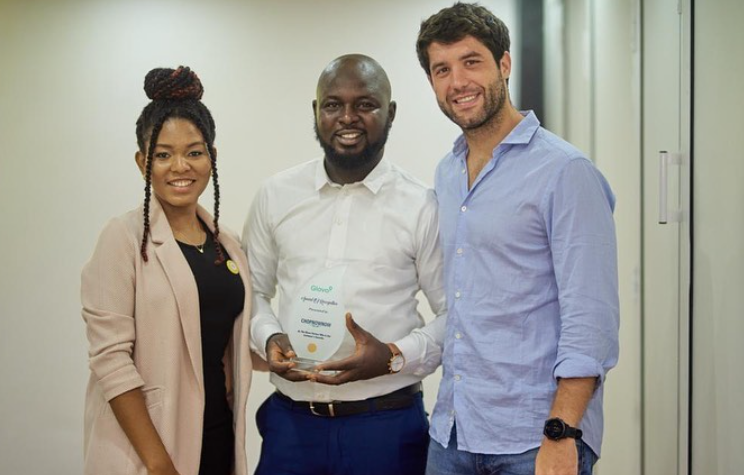
The restaurant was listed on Jumia Foods, a food delivery platform that shuttered in December 2023, citing thin margins worsened by intense competition. ChopNowNow was also listed on OFood—an Opay-operated food delivery service that was once part of a super-app play by the fintech giant—and Glovo where it was a customer favourite. Business was good, and Olaleye who had recouped his initial investment in the bootstrapped business with some profit was optimistic about the future.
Inflation pulls a fast one on ChopNowNow
The economy was about to pull a fast one on business. Food inflation, which began to rise during the COVID-19 pandemic, had worsened to 19.5% by mid-2022. As consumer purchasing power came under pressure, more people began classifying food delivery as a luxury.
“Whenever we called customers, many said they had begun cooking at home.”
The first thing to go was free delivery. ChopNowNow limited free delivery with its in-house fleet to areas within Victoria Island, where it had the most customers. As it withdrew the free delivery it had always promised, customers moved to newer discounted competitors.
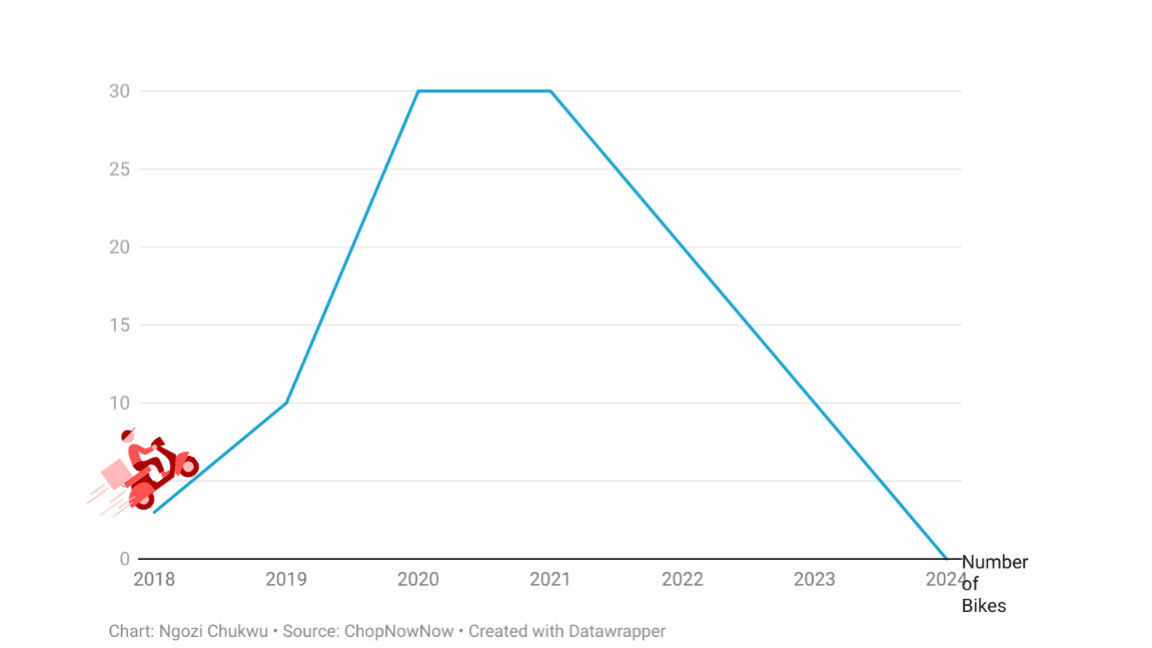
“There’s no loyalty in this market. You expect that after spending years acquiring users, the customers would stick around.”
“They always run to the food delivery platform that can outspend others [in discounts and food delivery.]”
Like many restaurants that compete on price, ChopNowNow struggled to adapt to rising input costs. No matter how sharply the cost of ingredients rose, the restaurant was reluctant to pass on those costs to price-sensitive customers. Cost-cutting was the company’s only option.
Olaleye believes the circumstances would have been different if he had started targeting high-end customers or had a warehouse to store produce and absorb the shock of price fluctuations.
The arrival of food delivery apps intensified competition, with more restaurants coming online. The company remained at its current location and began selling off assets.
Today, Olaleye rejects the unique proposition that once helped him attract thousands of customers. He tells anyone willing to listen that free delivery is not the way to find loyal customers.
Have you got your early-bird tickets to the Moonshot Conference? Click this link to grab ’em and check out our fast-growing list of speakers coming to the conference!










